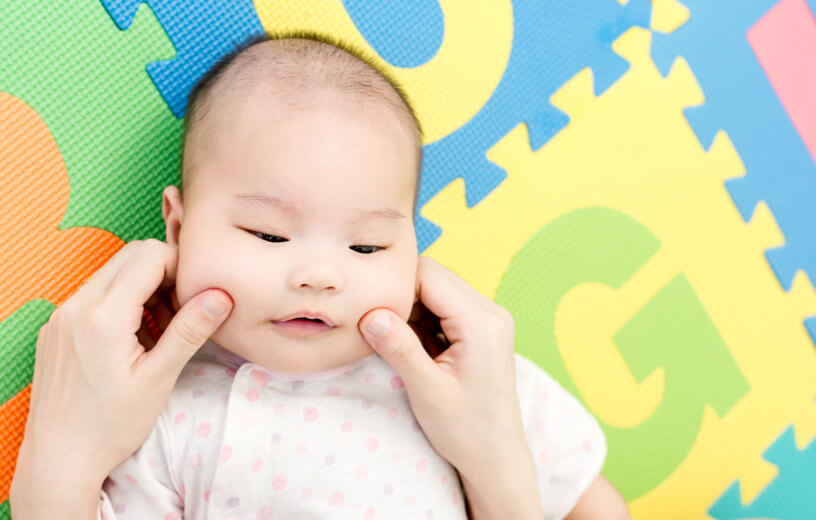RIVERSIDE, Calif. — If you’ve ever felt a powerful impulse to squeeze a cute puppy or pinch a baby’s cheeks, you’ve felt what researchers refer to as “cute aggression.” A recent study conducted at the University of California, Riverside researchers attempted to figure out exactly what causes these bizarre, yet fairly common urges.
Cute aggression is characterized by an individual’s desire to squeeze, pinch, or even bite animals or humans without intent to harm. This behavior has been studied many times before, usually in the realm of behavioral psychology. But UCR assistant professor of special education and licensed clinical psychologist Katerine Stavropoulos went farther than previous research into the scientific explanation for this behavior.
After Stravropoulos first learned of cute aggression when reading a study by a team of Yale University psychologists in 2015, she wanted examine the phenomenon from a different perspective.
“The Yale researchers initially found that people reported feeling cute aggression more in response to baby animals versus adult animals,” explains Stavropoulos. “But even beyond that, people reported feeling cute aggression more in response to picture of human babies that had been digitally enhanced to appear more infantile, and therefore ‘more cute,’ by enlarging features like their eyes, cheeks, and foreheads.”

Stravropoloulos’ research focused on evaluating surface-level electrical activity arising from neurons firing in the brain. By interpreting that brain activity, she and her team could gauge neural responses to many kinds of external stimuli. She hypothesized that her studies of brain activity would reveal action in the brain’s reward system, which creates motivation, feelings of “want,” and pleasure, or in the brain’s emotional processing system, or both.
Researchers recruited 54 participants between the ages of 18 and 40 for the study. The participants wore caps embedded with electrodes and were shown 32 photographs divided into four categories: Cute digitally enhanced babies, less-cute non-digitally enhanced babies, cute baby animals, and less-cute adult animals.
The participants viewed the photos on a computer screen, then rated a set of statements by how much they agreed with them on a scale of 1 to 10. After assessing how cute each photo was, the participants also rated how overwhelmed by emotion they were by rating statements like, “I can’t stand it!” and “I want to hold it!”.
Participants were more likely to show cute aggression and feelings over overwhelm with cute baby animal photos compared to the less-cute adult animal photos. Interestingly, the same didn’t occur for cute and less-cute babies.
Still, ater examining brain scans of the participants before and after viewing the photos, Stravropolous and her team proved her hypothesis, that both the emotional center of the brain and the reward system are involved in feelings of cute aggression. The more infantile the object of this feeling is, the more intense the feeling.
“There was an especially strong correlation between ratings of cute aggression experienced toward cute animals and the reward response in the brain toward cute animals,” says Stavropoulos. “This is an exciting finding, as it confirms our original hypothesis that the reward system is involved in people’s experiences of cute aggression.”
She continues: “Essentially, for people who tend to experience the feeling of ‘not being able to take how cute something is,’ cute aggression happens. Our study seems to underscore the idea that cute aggression is the brain’s way of ‘bringing us back down’ by mediating our feelings of being overwhelmed.”
The study is published in the journal Frontiers in Behavioral Science.
This post was originally published April 29, 2019.
